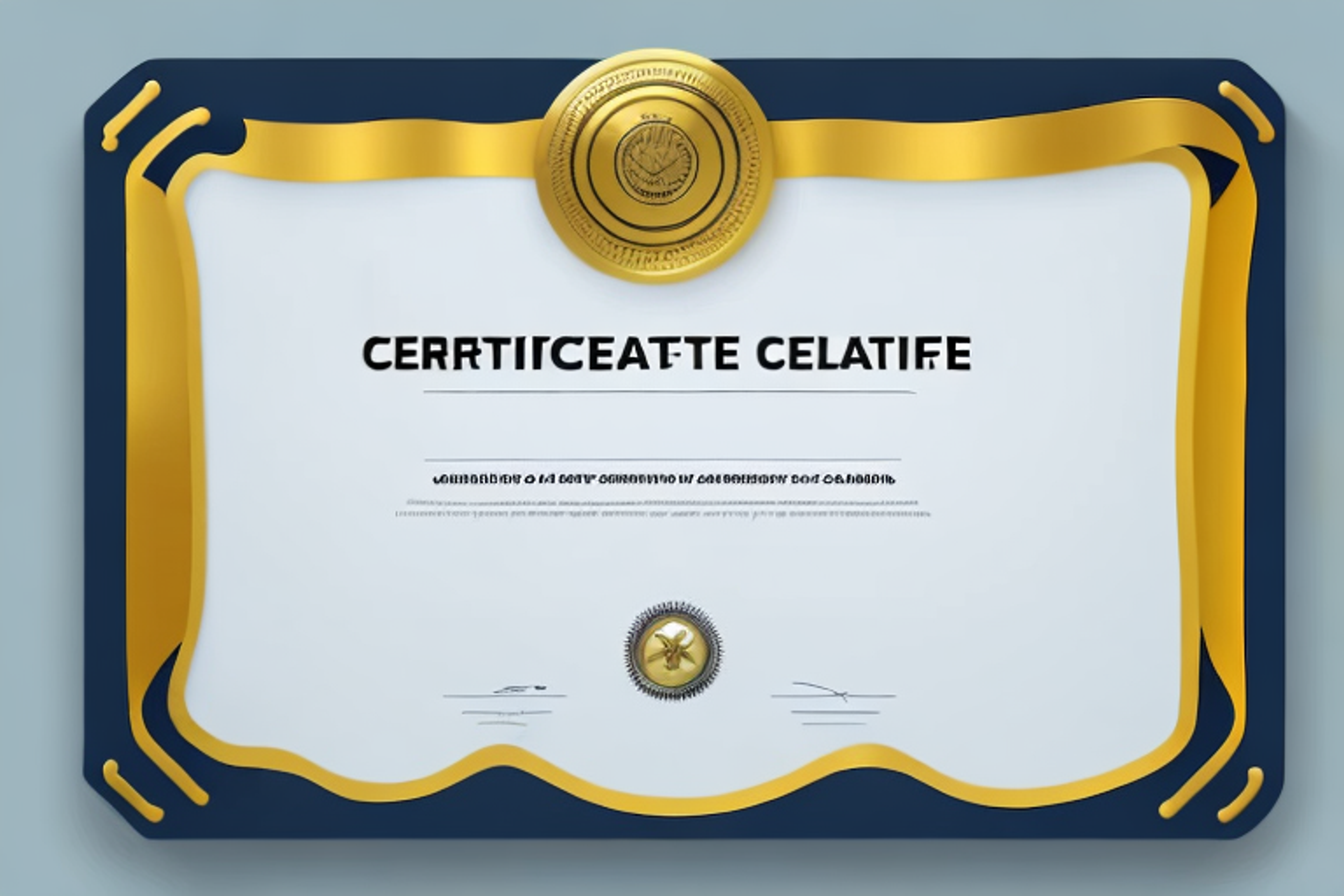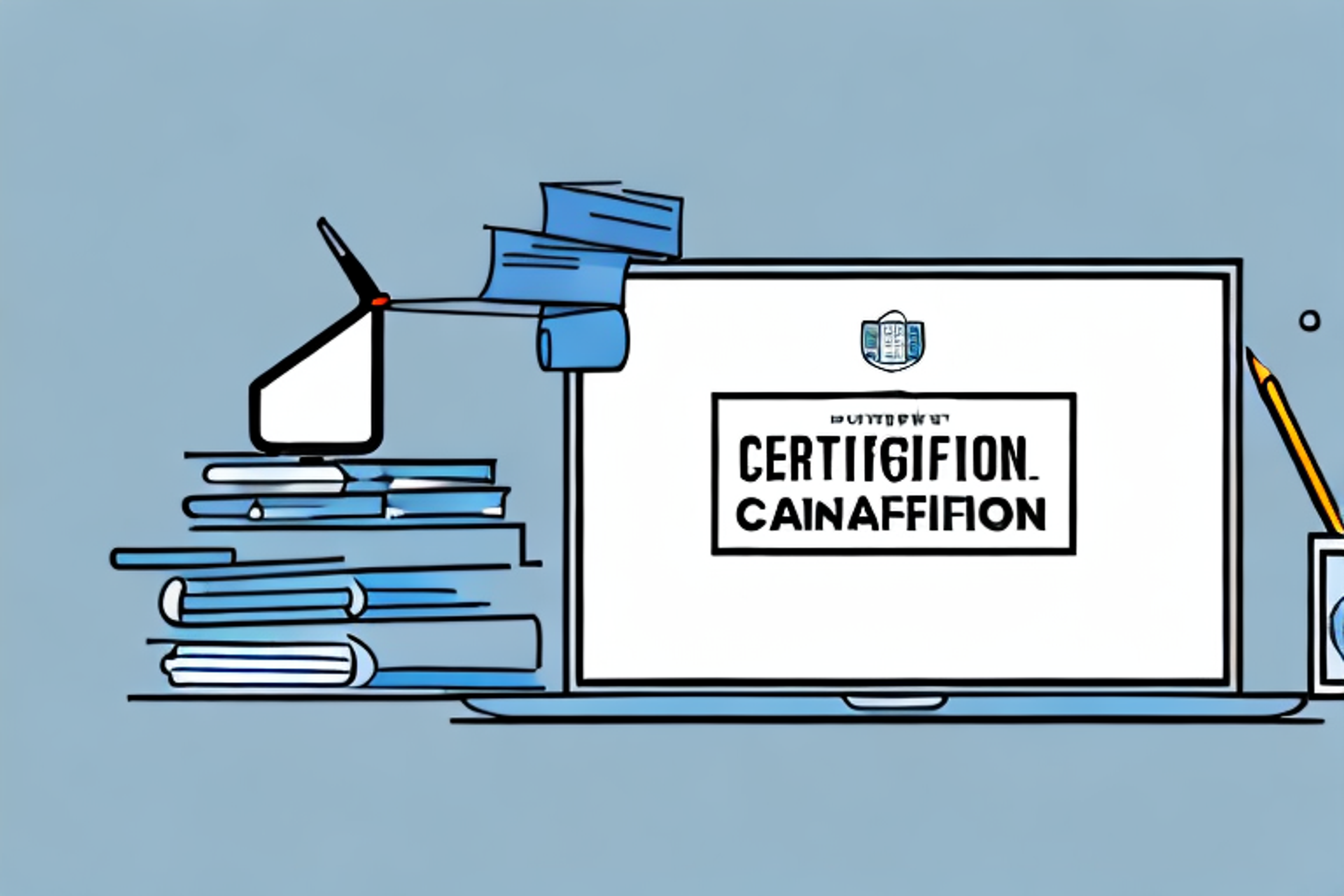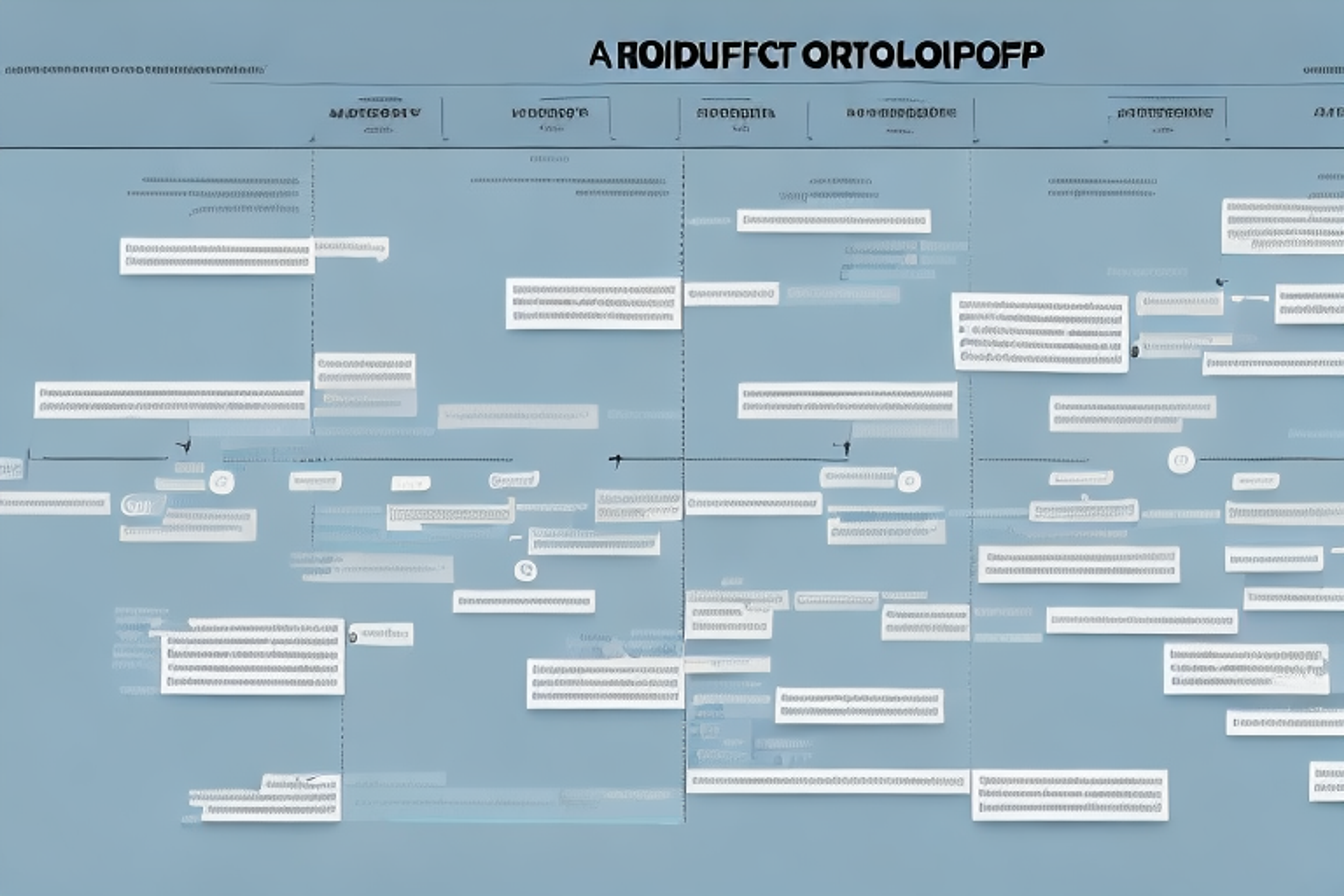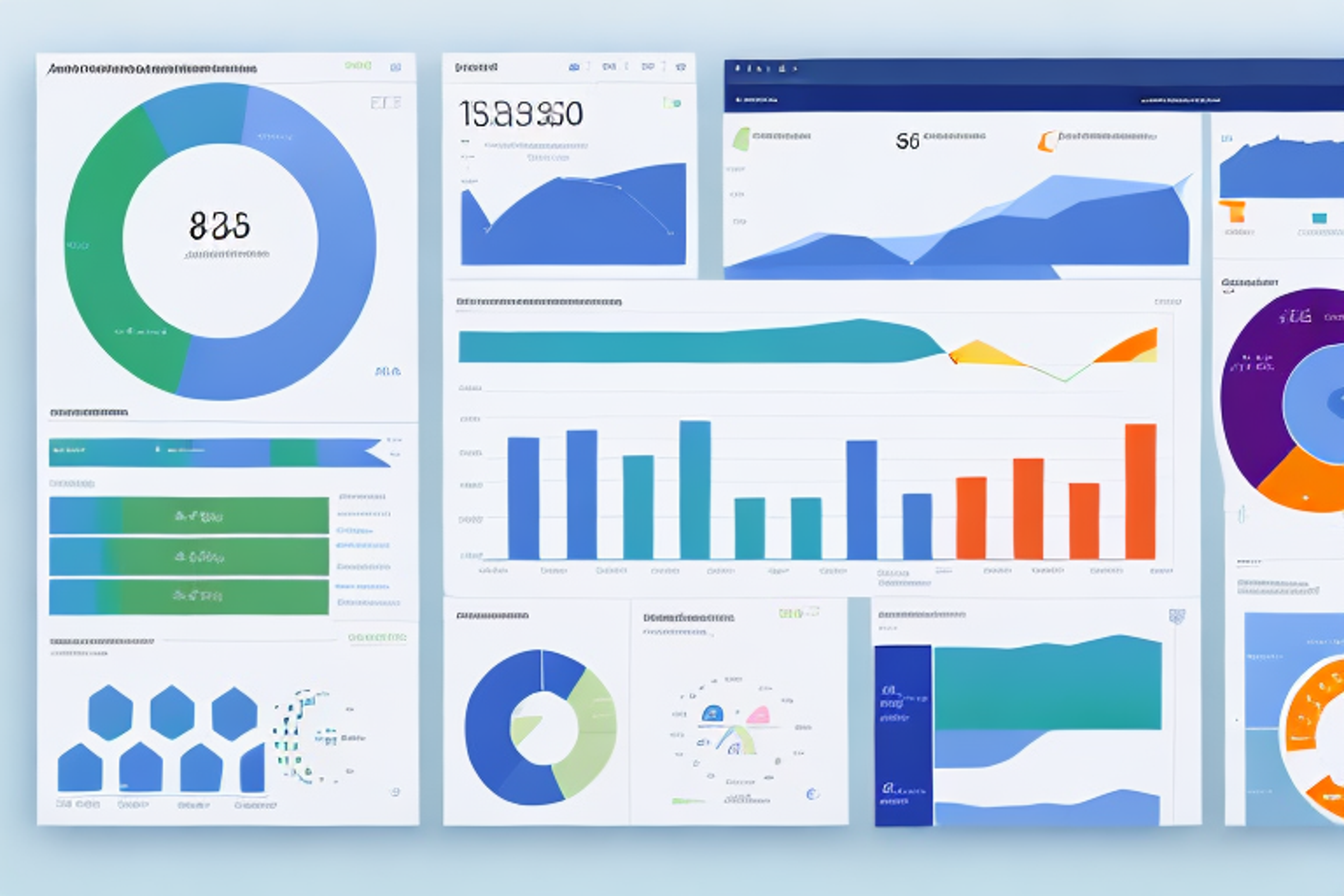Everything You Need to Know About PMC Certification
Are you interested in becoming a certified Project Management Professional (PMP)? Look no further than PMC Certification! This comprehensive guide covers everything you need to know about the certification process, including eligibility requirements, exam details, and study tips.
Posted May 15, 2023

Table of Contents
If you're looking to advance your career in project management, PMC (Project Management Certification) is a highly respected certification that can help you achieve your goals. In this article, we'll provide a comprehensive guide to everything you need to know about PMC certification, including what it is, why it's important, the different types available, the benefits of earning certification, how to prepare for the exam and tips for passing it with flying colors.
What is PMC Certification and Why is it Important?
PMA certification is a professional credential awarded by the Project Management Institute (PMI), a globally recognized organization for project managers. PMC certification demonstrates your mastery of the project management process, and your ability to lead teams and manage projects from start to finish. Earning a PMC certification is important because it demonstrates to potential employers, clients, and stakeholders that you have the skills and knowledge to manage projects effectively and efficiently.
PMC certification is not only important for individuals, but also for organizations. Companies that have a high percentage of certified project managers have been shown to have higher success rates in completing projects on time, within budget, and with high quality results. This is because certified project managers have a standardized approach to project management, which ensures consistency and reduces the risk of errors or miscommunication.
Furthermore, PMC certification is not a one-time achievement. In order to maintain the certification, individuals must participate in ongoing professional development activities and earn continuing education units (CEUs). This ensures that certified project managers stay up-to-date with the latest trends and best practices in project management, and continue to improve their skills and knowledge throughout their careers.
Understanding the History of PMC Certification
The first PMC certification exam was offered in 1984, and since then, over 1 million individuals worldwide have earned the certification. PMC certification is recognized globally, and is considered the gold standard in project management certification.
Over the years, the PMC certification has evolved to keep up with the changing demands of the project management industry. In 1996, the Project Management Institute (PMI) became the official certifying body for PMC certification, and introduced a new exam format that included scenario-based questions. In 2006, PMI introduced the Agile Certified Practitioner (ACP) certification, which focuses on agile project management methodologies.
Today, PMC certification remains one of the most sought-after certifications in the project management industry. It is recognized by employers worldwide as a mark of excellence in project management, and is often a requirement for senior project management positions. PMC certification holders are also required to maintain their certification through continuing education and professional development, ensuring that they stay up-to-date with the latest trends and best practices in project management.
Different Types of PMC Certifications Available Today
The PMI offers several different types of PMC certifications, including:
- Project Management Professional (PMP)
- Program Management Professional (PgMP)
- Portfolio Management Professional (PfMP)
- Agile Certified Practitioner (ACP)
Each certification focuses on a specific area of project management, and requires a different level of experience and education. The PMP certification is the most widely recognized and respected of the PMC certifications, and is the focus of this article.
In addition to the certifications mentioned above, PMI also offers a Certified Associate in Project Management (CAPM) certification. This certification is designed for individuals who are new to project management and have less experience than those pursuing the PMP certification. It is a great way to gain foundational knowledge and demonstrate a commitment to the field.
Furthermore, PMI offers specialty certifications in areas such as risk management, scheduling, and business analysis. These certifications are designed for individuals who want to specialize in a specific area of project management and demonstrate their expertise to employers and clients.
The Benefits of Earning a PMC Certification
Earning a PMC certification has many benefits, including:
- Increased earning potential
- Greater job opportunities
- Improved job performance and project management skills
- Recognition of your project management expertise
One of the additional benefits of earning a PMC certification is the opportunity to network with other project management professionals. This can lead to new job opportunities, collaborations, and the sharing of best practices. Additionally, PMC certification holders often have access to exclusive job postings and career development resources.
Another benefit of earning a PMC certification is the ability to work on more complex and challenging projects. PMC certification holders have a deep understanding of project management principles and techniques, which allows them to take on more responsibility and lead larger teams. This can lead to greater job satisfaction and career advancement opportunities.
How to Prepare for the PMC Certification Exam
Preparing for the PMC certification exam requires dedication and hard work. The PMI recommends that candidates have a minimum of 35 hours of project management education before taking the exam. In addition to education, candidates should review the PMBOK (Project Management Body of Knowledge) guide, which is the foundation of the PMC certification exam.
There are also many third-party training courses and study materials available, including practice exams, study guides, and online courses. It's important to choose a reputable training provider that is focused on preparing candidates specifically for the PMC certification exam.
Another important aspect of preparing for the PMC certification exam is to gain practical experience in project management. This can be achieved by working on projects in your current job or volunteering for projects in your community. Practical experience will help you understand how to apply the concepts and principles learned in the PMBOK guide to real-world situations.
Tips for Passing the PMC Certification Exam with Flying Colors
Here are some tips to help you prepare for and pass the PMC certification exam:
- Start preparing early, and set a study schedule
- Take practice exams to get a feel for the types of questions you'll be asked
- Focus on the most important concepts in the PMBOK guide, and don't get bogged down in details
- Use memory aids and flashcards to help you remember key concepts and formulas
- Read questions carefully and answer each one to the best of your ability
- Choose the best answer based on the information provided in the question
- Take your time and don't rush through the exam
- Stay calm and focused, and don't let anxiety get the best of you
We hope that this guide has provided you with all the information you need to know about PMC certification, and how to prepare for and pass the exam. Earning a PMC certification is a significant accomplishment, and can help you take your career to the next level.
It's important to note that the PMC certification exam is constantly evolving, and new updates are made regularly. It's crucial to stay up-to-date with the latest changes and updates to the exam, as this can greatly impact your preparation and performance. Make sure to check the official PMC website for any updates or changes to the exam format or content, and adjust your study plan accordingly.



















